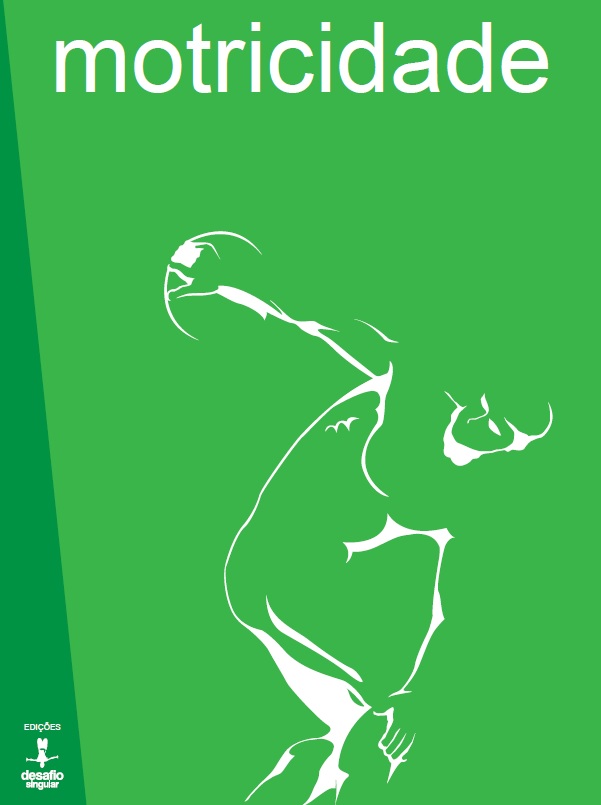Perceived Risk Questionnaire in Canyoners: content validity, cross-validation and transcultural invariance across Portugal and Spain
DOI:
https://doi.org/10.6063/motricidade.12790Abstract
The aim of this study was to develop and validate a questionnaire related to the risk perception in canyoning. Cross-validation and transcultural invariance, across Portugal and Spain, were also analysed. A total of 707 canyoners (81.3% males, 18.7% females) from Portugal (47.5%) and Spain (52.5%) participated in this study, with ages between 18 and 57 years old (M = 36.13; SD = 7.71). The initial version of questionnaire had 49 items. With the Temporal Reliability Analysis, the items that showed no correlation between the two moments of the administration of the questionnaire, p>.05, were removed and only 46 items remained. The Exploratory Factor Analysis was developed by choosing the 25 items with higher factorial weight. Six dimensions were found which we managed to identify and characterise with the help of literature. With the Confirmatory Factor Analysis and based on the analysis of the modification indices, 4 items were eliminated, as they presented very high residual values, which contributed to an inadequacy of the model. In this manner, a questionnaire with 21 items was achieved. The final version of the questionnaire showed acceptable values related to reliability and construct validation. Therefore, this allows it to be used in the risk perception in canyoning, with 21 items, distributed among 6 dimensions.
Downloads
Published
Issue
Section
License
The authors of submitted manuscripts must transfer the full copyright to Journal Motricidade / Sílabas Didáticas Editions. Granting copyright permission allows the publication and dissemination of the article in printed or electronic formats, and copyrights start at the moment the manuscript is accepted for publication. It also allows Journal Motricidade to use and commercialise the article in terms of licensing, lending or selling its content to indexation/abstracts databases and other entities.
According to the terms of the Creative Commons licence, authors may reproduce a reasonable number of copies for personal or professional purposes, but without any economic gain. SHERPA/RoMEO allows authors to post a final digital copy (post-printing version) of the article on their websites or on their institutions' scientific repository.


